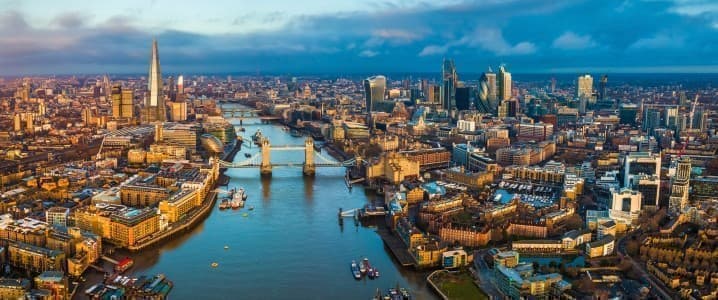The celebrated Scottish poet, Rabbie Burns, famously said that “the best laid plans of mice and men often go awry”. Viewed by many as prescient, my hope is that his words don’t prove accurate, particularly since the 2015 Paris Agreement has seen governments and companies outlining plans to transition society to net zero carbon by 2050.
Many countries followed the UK’s lead in laying out plans to legislate for net zero. Yet we now seem to be, in some areas, completely stalled, and in others winding our plans back.
This has served as a reality check. And it is not an isolated move. Over recent months some energy companies who went early on net zero have quietly started to alter the speed and method of their net zero plans. No doubt others will follow.
These are polarising moves.
Those of us in the energy industry tend to get excited by the eye watering sums needed for energy transition. No wonder when, last year, over $1tn globally was spent on energy transition. In the UK alone we are told the cost will be £50bn per year until 2050. Putting this in context, the global economy is worth around $100tn per year. It adds up to a lot of zeros chasing net zero. And vast amounts of transactional activity for City professionals.
But who will pay? Renewable energy costs have fallen dramatically but, as renewables start to make up more of our energy generation mix, and as we look to decarbonise fuels, we face major infrastructure challenges and costs that start to add up to these larger figures – for example, major grid and network upgrades or battery storage additions and deployment of back-up generation to cover periods of renewable intermittency.
For critical energy transition infrastructure assets to be “investable” they require public subsidy, coupled with additional tariffs and the regulation of carbon emissions from competing fossil fuel sources. It means higher costs for taxpayers and consumers. Add to this the policy uncertainty from the last few years and you can see why investment decisions across the energy industry have slowed down, particularly in relation to fossil fuel investments. Of course, this may be changing in the UK, as clarity has been provided on new North Sea oil & gas licenses.
Some suggest that the public should not have a choice on the costs and behaviours needed to reach net zero. They may argue that the UK needs to show leadership. This is a “climate emergency” after all and the normal democratic processes are often suspended in emergencies.
But is this the right approach? Over the summer, many saw the by-election in Uxbridge as a vote on net zero. And does “climate emergency now” really mean “climate emergency from now on”? Are we locking ourselves into increasingly coercive policies and rules over time?
I’m not sure all of this is necessary. The UK is the fastest decarbonising major economy; it is a pioneer in creating the regulatory environments necessary to foster innovation and promote investment in energy transition technologies. This regulatory expertise is an export product par excellence. Yet at the same time, energy security and affordability must be ensured so we need to promote sensible investment policies in relation to fossil fuels, which still make up over 70 per cent of the UK’s energy system and 84 per cent of the global energy system. If we don’t produce them in the UK, we’ll simply pay more and generate more carbon to import them from elsewhere. They will be needed for a long time so we should all be careful demonising them.
Being bold and aiming high to create the environment of innovation necessary remains vital. But policymakers and investors need take the public with them. Electricity may travel at the speed of light, but on the road to net zero we can only travel at the speed of democracy. And that speed limit is something we might all have to accept.
By Lewis Macdonald via CityAM
More Top Reads From Oilprice.com:
- Oil Prices Rally As The U.S. Enforces Sanctions On Russian Exports
- U.S. Sanctions Two Tanker Owners For Breaching The Russian Oil Price Cap
- The U.S. Allocates $7 Billion Of Grants To Hydrogen Production Hubs


















